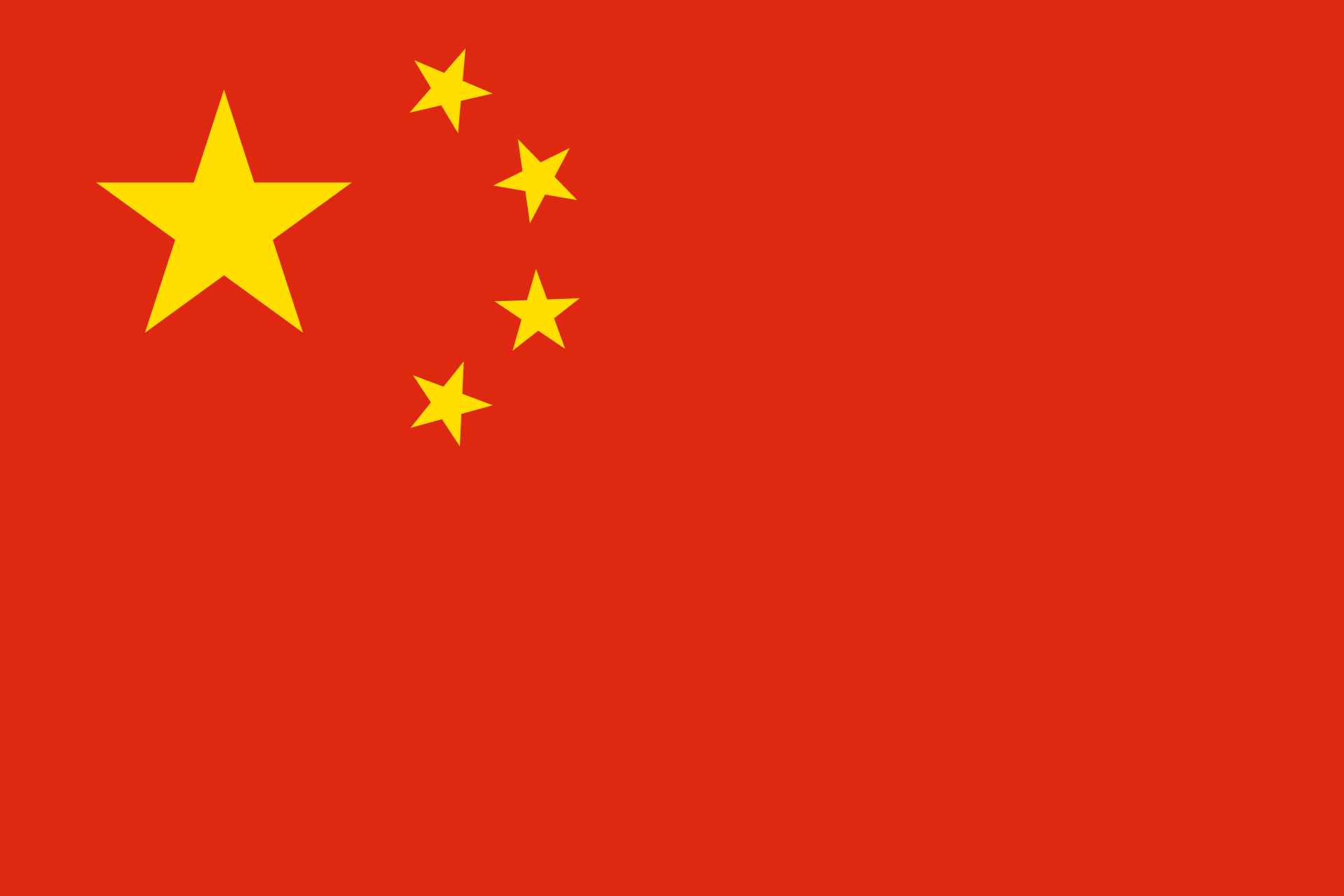Almaty
Almaty (Alma-Ata) is one of the most ancient cities in the Central Asia that its establishment goes back to the 1000–900 BC in the Bronze Age when the first farmers and cattle-breeders established settlements on its territory.
During the Saka period (from 700 BC to the beginning 1st AD), these lands were residence of Saka tribes and later Wusun tribes who inhabited the territory north of the Tian Shan mountain range. Evidence of these times can be found in the numerous burial mounds (tumuli) and ancient settlements, especially the giant burial mounds of the Saka tsars. There are several famous archaeological finds such as the "Golden man" from the Issyk Kurgan, the Zhalauly treasure, the Kargaly diadem, and the Zhetysu arts bronzes.
Almaty develped further during the Middle Ages (8–10th centuries) and was characterized by the development of a city culture, a transfer to a settled way of living, the development of farming and handicrafts, and the emergence of a number of towns and cities in the territory of Zhetysu. During the period of Saka and Wusun governance, Almaty became an early educational centre.
In the 10–14th centuries, settlements in the territory of the so-called "Greater Almaty" became part of the trade routes of the Silk Road. At that time, Almaty became one of the trade, craft and agricultural centres on the Silk Road and possessed an official mint. The city was first mentioned as Almatu in books from the 13th century.
In the 15th–18th centuries, trade activities decreased on this part of the Silk Road. Notwithstanding, this period was saturated with very important political events that had a significant impact on the history of Almaty and Kazakhstan as a whole. It was a period of crucial ethnic and political transformations. The Kazakh state and nation were founded here, close to Almaty.





